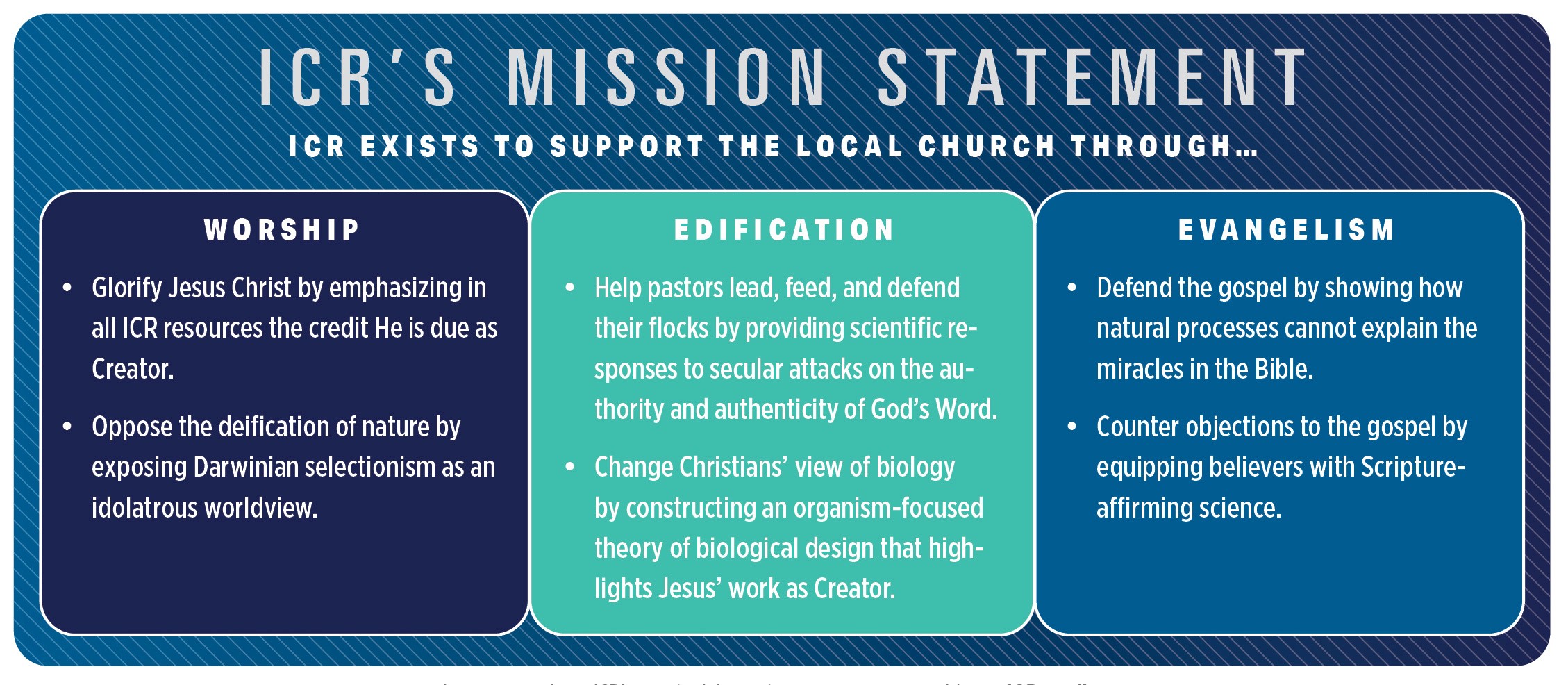Tuesday April 23, 2024
Washington News

No IRS Victory Lap on Direct File
While Werfel was not ready to announce the next steps for the Direct File program, the IRS is completing a review and will release a more complete plan in the near future.
A major project for the IRS is to improve and update the information technology (IT) system. Werfel continued, "The main system at the IRS — that is, the engine for all individual returns — is on the cusp of finally being turned into a modern solution."
The IRS Commisioner highlighted the success of taxpayer online accounts. Werfel noted, "The idea is to make those individual online accounts as fully functional as possible, so that if you choose, you could do everything virtually from your smartphone or your tablet."
The IRS made substantial progress toward the improvement of customer service. There were an additional one million taxpayer phone calls answered this year compared to the past year. Over 170,000 taxpayers were able to have in-person meetings with an IRS representative. In addition, there was an 18% increase in IRS website visits in 2024. The IRS also had a "chatbot" on several website pages. Taxpayers increased their chatbot use this filing season, from 330,000 last year to 832,000 in 2024.
The average taxpayer phone wait time was reduced to five minutes, with a three-minute average in early April. Werfel noted the additional funding for the IRS was the key to providing improved taxpayer service.
Several members of the Senate Finance Committee expressed concern about the Direct file program. Ranking Member Mike Crapo (R-ID) noted, "Were the IRS to use this year's Direct File spending to pay third-party providers to prepare and file returns instead, literally hundreds of times the number of taxpayers could file for free."
In response, Werfel noted there were positive comments by many users and the initial goal of 100,000 returns was exceeded. Senate Finance Committee Chair Ron Wyden (D-OR) indicated Direct File is a "public service the federal government ought to be providing to Americans wherever it can."
The Urban-Brookings Tax Policy Center (TPC) held a webinar on April 12 to review the Direct File program. TPC Representative Janet Holtzblatt noted there would be a government audit to determine the cost of the program. She stated, "When you have the watchdog asking this early on about measuring the cost, that question is going to intensify in the year or next year to come."
University of California Davis School of Law Professor Dennis J. Ventry, Jr. noted, "Investing in a government-run tax filing portal that might have an auto-filing component to it one day — something like direct file — is going to deliver immediate benefits with significant efficiency gains that just is not attainable in the private sector."
Previous Articles
Social Media Scams and Ghost Tax Preparers
Tax Season Phishing and Smishing Scams


.png)


